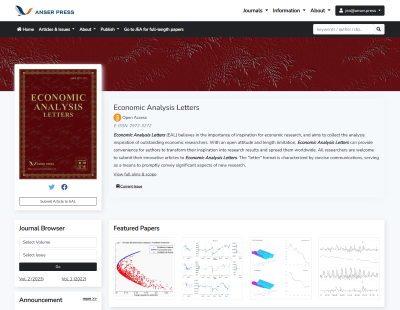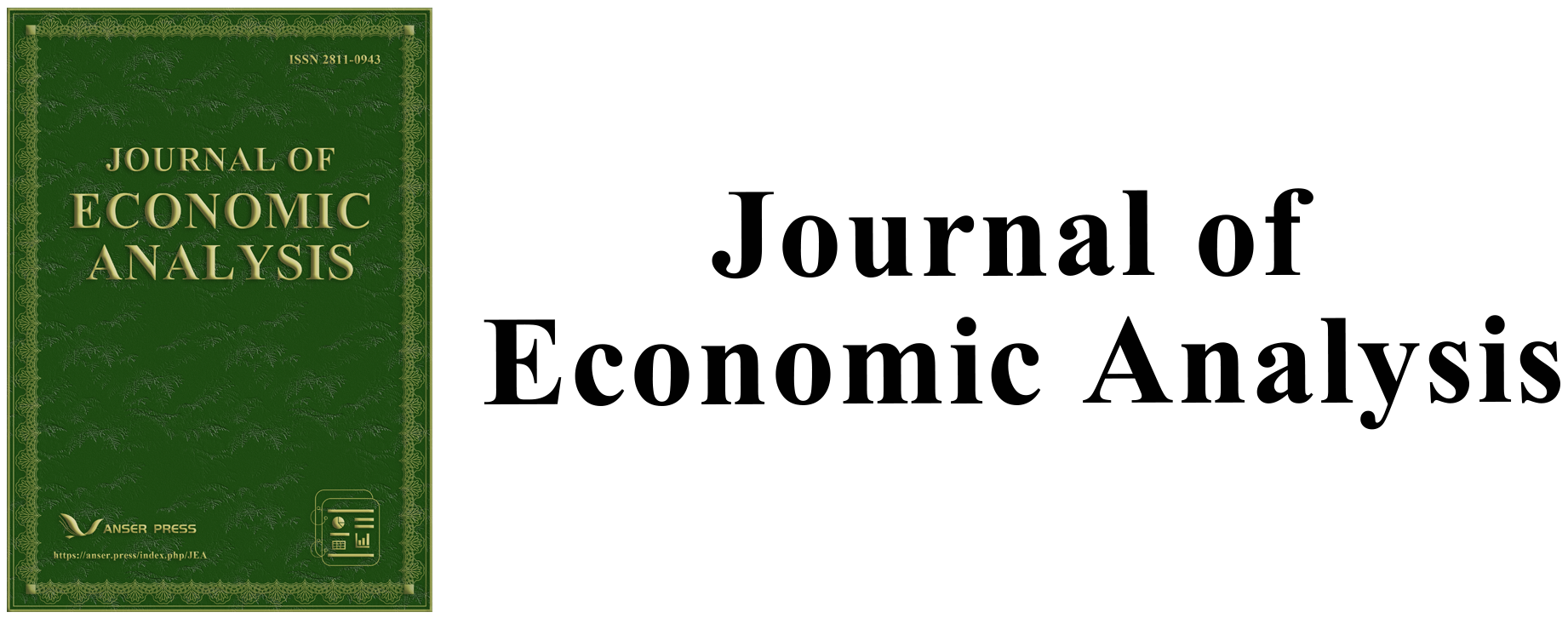For submissions started prior to August 25, 2023 please visit current website to manage or complete your submission.
Publishing Ethics
The editor team in Anser Press works hard to prevent any academic misconducts and ethical violations in research and publication. Those activities that damage academic integrity include plagiarism, falsification of research, data fabrication, submitting manuscripts of others as one’s own, submitting same manuscript to different publishers at the same time, and violations of intellectual property rights.
To protect academic integrity, duplication checker iThenticate will be used to verify the originality of submissions. A submission will be desk-declined (during submissions stage) or rejected for consideration (during peer review stage) if the research paper contains 20% or more of plagiarized content or 2% or more of plagarism from the same reference. In this way, authors must adhere to the contemporary rules in academic writing and publishing ethics.
In cases of suspected misconduct and violation, the editor team will be responsible for investigation. If the suspected submission is supported by evidence, it will be declined in the journal and all authors will be informed on this matter. In case of already published paper, un-publication will be initiated immediately. Authors of the paper will receive Editor’s Decision via email and all complaints and appeals need to be made within 1 month of the decision date.
Authors of the paper are obliged to declare conflicts of interest or state “All the authors claim that the manuscript is completely original. The authors also declare no conflict of interest”. Authors are required to disclose any actual and potential conflicts or competing interests with any institutions, organizations or agencies that may damage the integrity of research results at submission. Personal, financial, and professional affiliations or relationships can be regarded as conflicts of interest.
Financial competing interests
- Financial competing interests include but are not limited to:
- Ownership of stocks or shares
- Paid employment or consultancy
- Board membership
- Patent applications (pending or actual)
- Research grants (from any source, restricted or unrestricted)
- Travel grants and honoraria for speaking or participation at meetings
- Gifts
Non-financial competing interests
- Non-financial competing interests include but are not limited to:
- Serving as an expert witness
- Membership in a government or other board
- Relationship (paid or unpaid) with organizations and funding bodies including nongovernmental organizations, research institutions, or charities
- Membership in lobbying or advocacy organizations
- Writing or consulting for an educational company
- Personal relationships (e.g. friend, spouse, family member, current or previous mentor, adversary) with individuals involved in the submission or evaluation of a paper, such as authors, reviewers, editors, or members of the editorial board of a journalpublished by Anser Press.
- Personal convictions (political, religious, ideological, or other) related to a paper's topic that might interfere with an unbiased publication process (at the stage of authorship, peer review, editorial decision-making, or publication).



